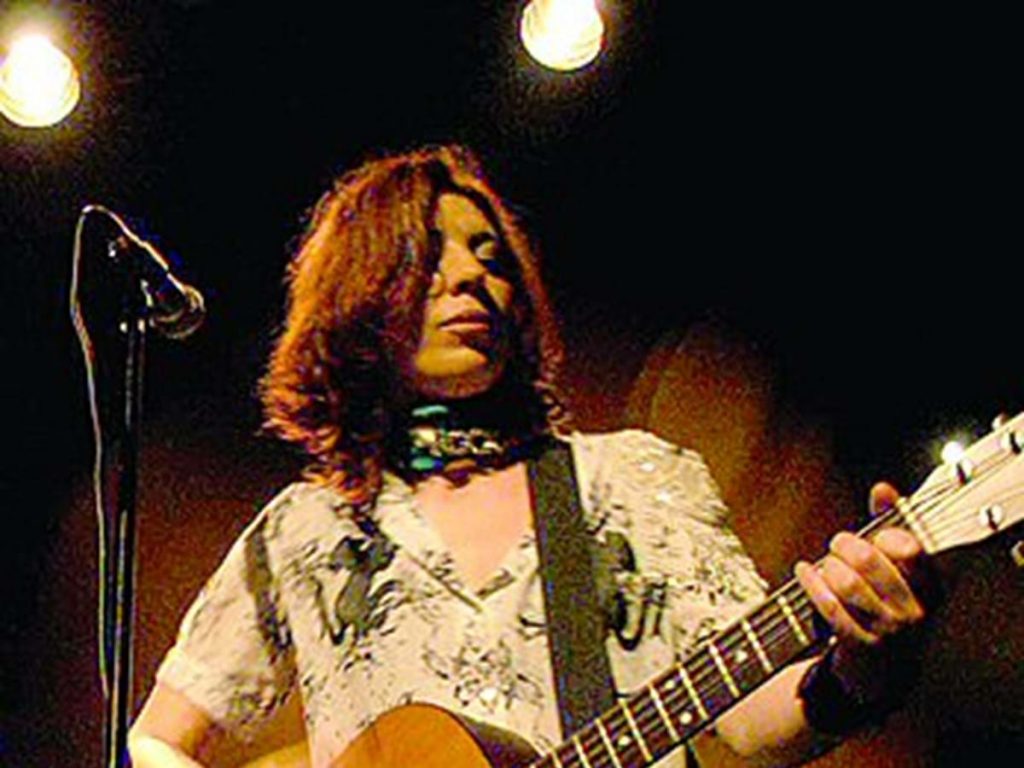In 1983, Filipe Valentim joined the band formed by Xana, Alex and Flak. After recording a model, they get their first contract with the publisher EMI – Valentim de Carvalho. The band’s first original album appeared in 1984, simply titled Rádio Macau. The critics were unanimous, considering the group as one of the most important in Portuguese modern music. Two years later, Spleen was released, a conceptual album, whose main role was attributed to the lyrics, with emphasis on the text by Pedro Malaquias (who would become a regular contributor to the lyrics of Rádio Macau) for the theme «Entre a Espada e a Parede».
After a series of concerts as part of a tour that took in Spain, Berlin and Greece, the musicians released Elevador da Glória in 1987: an album full of songs, recorded without any major gimmicks and where the lead role was given back to the guitars. Coincidence or not, what is certain is that it was precisely with Elevador da Glória that Rádio Macau saw the band’s glory rise even further, this being the group’s best-selling album.
Maintaining a constant evolution, Rádio Macau edited, two years later, the album O Rapaz do Trapézio Voador, where the musicians worked with technical means never used by them until then, which gave the album innovative sounds and atmospheres. Disco Pirata appeared in 1991 and, a year later, it was the turn of A Marca Amarela, an album that proves to be essential for a better understanding of the change in sound practiced by the band.
After an absence of eight years, Rádio Macau returned to the studio to record Onde o Tempo Faz a Curva (2000). This prolonged withdrawal from the group did not constitute, however, a complete stop on the part of Xana, Flak, Alex and Filipe Valentim.
Both Xana and Flak took advantage of this break to develop solo projects. In 1994, she, the band’s lead singer, released the album As Meninas Boas Vai Para o Céu, As Más Para Toda a Parte, which was followed, four years later, by her Survival Manual. However, she took the opportunity to dedicate herself more seriously to the Philosophy course she was attending at the time. He, the group’s guitarist, developed the project A Máquina do Almoço Dá Pancadas, having also edited the album Flak, in 1998, an album to which he also provided the voice.
The return of this reference band of Portuguese music happened with Acordar (2003). For this recording, Flak (guitars and production), Xana (voice and guitar), Alex (bass) and Luís Valentim (keys), members of Rádio Macau, joined Ana Deus (Três Tristes Tigres), Samuel Palitos (former – Censored, Besieged and Lulublind) and Helke Norbakken (Norwegian percussionist). The bar for innovation had been considerably raised in Onde O Tempo Faz A Curva, but Rádio Macau was not afraid to continue taking risks, on the threshold of its 20-year career (2004). The album revealed strong sensations, with an organic sound, giving it the possibility of being one of the best of the year in Portuguese music.






It’s not just your voice—it’s the feeling and soul you put into each note. Beautiful